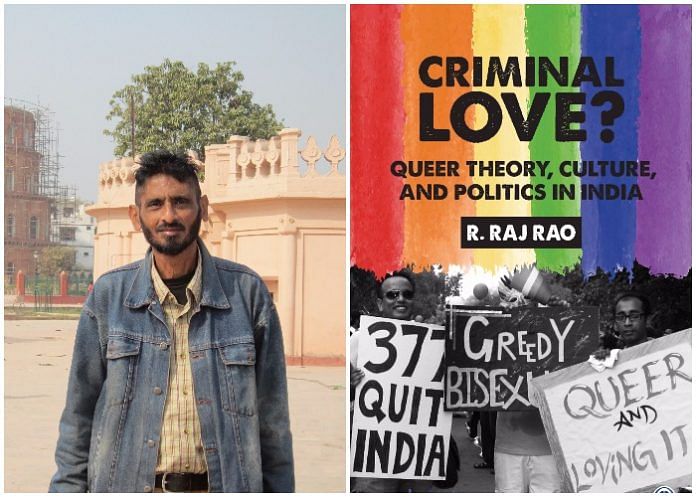Even de-criminalisation of Section 377 of the IPC is not going to put an end overnight to the social stigma that the LGBTQ community faces.
The Supreme Court recently upheld the Right to Privacy as a fundamental right. The LGBTQ community took this to mean that Section 377 of the Indian Penal Code cannot now be as easily invoked against it.
In fact, retired judge A.P. Shah, who gave the landmark Delhi High Court ruling of July 2009 that excluded consenting adults from the purview of Section 377, has said so himself.
Personally, however, I find it difficult to share this optimism. I do not trust the present government, which may easily find loopholes in the law to punish us. So, things are at a standstill. To the best of my knowledge, there is no sign of a hearing on the curative petition, which seeks to re-examine the Supreme Court judgment of December 2013 that re-criminalised homosexuality.
What will change?
There is a political consensus and a conspiracy of inaction on the part of all political parties when it comes to 377. Section 377 has seen such conspiracies many times – between the legislature, executive, and the judiciary, between Hindus, Muslims, and Christians, between the political Right and the Left. The idea is to keep the LGBTQ community in fetters.
But then, even de-criminalisation is not going to put an end overnight to the social stigma that the LGBTQ community faces. The lower levels of the police force, as well as hoodlums, may not even know that homosexuality has been de-criminalised. They will continue to bash gay people, blackmail and extort money, as this is a lucrative business. Many of us would rather pay up than let the matter reach the police station and the courts.
The only change that will happen is that the courts will not be able to convict LGBTQ persons under Section 377. But they may be booked under other laws, such as obscenity laws, cybercrime laws, and so on.
Even if it is de-criminalised, our patriarchal Indian families will continue to insist that their kids get married. Gay people themselves will do so because of social resistance.
In recent years, we are seeing a different portrayal of LGBTQ characters in the popular media and advertisements. This is a welcome development, to the extent that it can generate awareness and change mindsets. But the media can’t be trusted entirely, for it is notorious for its flip-flops.
What further deters LGBTQ people is the lack of a network. There are no gay marriage bureaus. Or any gay bars worth their name in Indian cities. Gay parties are not held as frequently as they used to be before, due to police raids. A mere amendment of the law is not going to make things great for us.
History lesson for the BJP
The resistance in the name of “Indian culture” is high. But as I write in my book ‘Criminal Love?’, Indians suffer from selective amnesia.
For most Indians, history begins with 19th century British imperialism. Depictions of homosexuality in Khajuraho and in the Kamasutra are hardly known to most Indians, including our politicians.
If the BJP really dreams of a Hindu Rashtra, then the first thing it should do is legalise same-sex love, because Hindu India never criminalised it in the past. It was the English Victorians who criminalised it. Yet, Victorian morality now passes off as Hindu morality. The West has rejected its own archaic thinking of the 19th century, but we still think that to speak about homosexuality is a ‘Western’ fad.
Rape law amendment will affect us
The other problem is the recent rape law amendment. Rape laws were more or less gender- neutral earlier, but have become gender-specific after the Nirbhaya case. I doubt there will be a re-think on this now, as neither the government nor women rights activists would be in favour of it. This is a pity, because it is homosexual men and hijras who suffer the most as a result of the changed law.
Sometimes I think I am happier with Section 377 being in force, rather than it being amended. This is because I prefer to be an outlaw, I can militate better, than if the law co-opts me in its own way.
Queer militancy to me, as for other queer theorists all over the world, is the route to utopia.
R. Raj Rao is a professor of literature, and a gay rights activist. He is the author of ‘The Boyfriend’ and ‘Criminal Love?’.




Make India Gay Again!